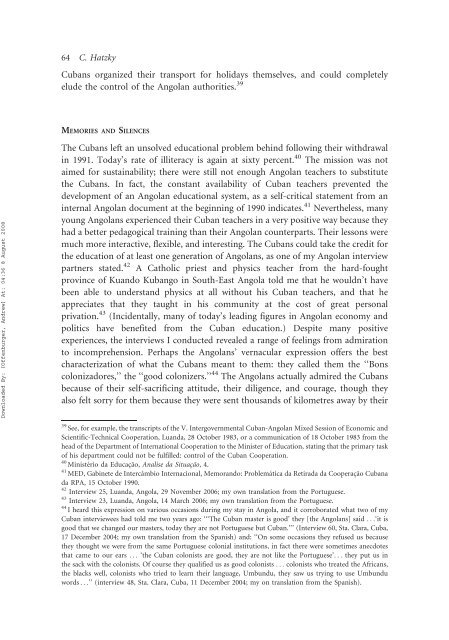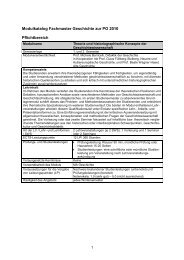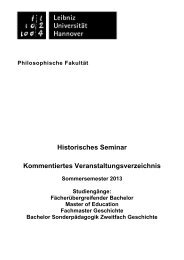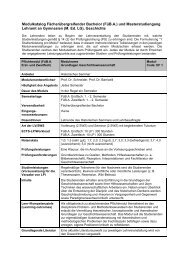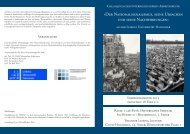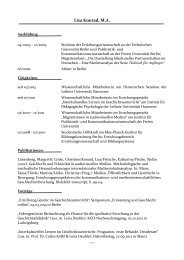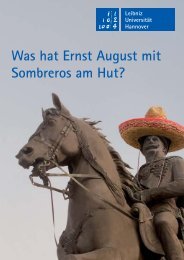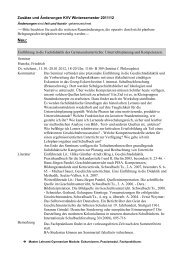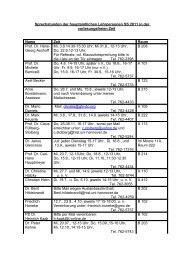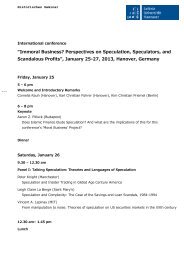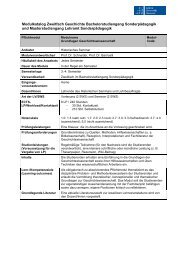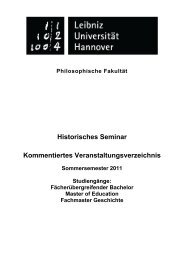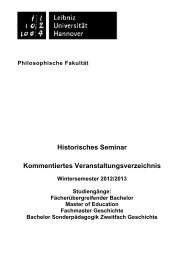''Os Bons Colonizadores'': Cuba's Educational Mission in Angola ...
''Os Bons Colonizadores'': Cuba's Educational Mission in Angola ...
''Os Bons Colonizadores'': Cuba's Educational Mission in Angola ...
You also want an ePaper? Increase the reach of your titles
YUMPU automatically turns print PDFs into web optimized ePapers that Google loves.
64 C. Hatzky<br />
Cubans organized their transport for holidays themselves, and could completely<br />
elude the control of the <strong>Angola</strong>n authorities. 39<br />
MEMORIES AND SILENCES<br />
Downloaded By: [Offenburger, Andrew] At: 04:36 8 August 2008<br />
The Cubans left an unsolved educational problem beh<strong>in</strong>d follow<strong>in</strong>g their withdrawal<br />
<strong>in</strong> 1991. Today’s rate of illiteracy is aga<strong>in</strong> at sixty percent. 40 The mission was not<br />
aimed for susta<strong>in</strong>ability; there were still not enough <strong>Angola</strong>n teachers to substitute<br />
the Cubans. In fact, the constant availability of Cuban teachers prevented the<br />
development of an <strong>Angola</strong>n educational system, as a self-critical statement from an<br />
<strong>in</strong>ternal <strong>Angola</strong>n document at the beg<strong>in</strong>n<strong>in</strong>g of 1990 <strong>in</strong>dicates. 41 Nevertheless, many<br />
young <strong>Angola</strong>ns experienced their Cuban teachers <strong>in</strong> a very positive way because they<br />
had a better pedagogical tra<strong>in</strong><strong>in</strong>g than their <strong>Angola</strong>n counterparts. Their lessons were<br />
much more <strong>in</strong>teractive, flexible, and <strong>in</strong>terest<strong>in</strong>g. The Cubans could take the credit for<br />
the education of at least one generation of <strong>Angola</strong>ns, as one of my <strong>Angola</strong>n <strong>in</strong>terview<br />
partners stated. 42 A Catholic priest and physics teacher from the hard-fought<br />
prov<strong>in</strong>ce of Kuando Kubango <strong>in</strong> South-East <strong>Angola</strong> told me that he wouldn’t have<br />
been able to understand physics at all without his Cuban teachers, and that he<br />
appreciates that they taught <strong>in</strong> his community at the cost of great personal<br />
privation. 43 (Incidentally, many of today’s lead<strong>in</strong>g figures <strong>in</strong> <strong>Angola</strong>n economy and<br />
politics have benefited from the Cuban education.) Despite many positive<br />
experiences, the <strong>in</strong>terviews I conducted revealed a range of feel<strong>in</strong>gs from admiration<br />
to <strong>in</strong>comprehension. Perhaps the <strong>Angola</strong>ns’ vernacular expression offers the best<br />
characterization of what the Cubans meant to them: they called them the ‘‘<strong>Bons</strong><br />
colonizadores,’’ the ‘‘good colonizers.’’ 44 The <strong>Angola</strong>ns actually admired the Cubans<br />
because of their self-sacrific<strong>in</strong>g attitude, their diligence, and courage, though they<br />
also felt sorry for them because they were sent thousands of kilometres away by their<br />
39 See, for example, the transcripts of the V. Intergovernmental Cuban-<strong>Angola</strong>n Mixed Session of Economic and<br />
Scientific-Technical Cooperation, Luanda, 28 October 1983, or a communication of 18 October 1983 from the<br />
head of the Department of International Cooperation to the M<strong>in</strong>ister of Education, stat<strong>in</strong>g that the primary task<br />
of his department could not be fulfilled: control of the Cuban Cooperation.<br />
40 M<strong>in</strong>istério da Educação, Analise da Situação, 4.<br />
41 MED, Gab<strong>in</strong>ete de Intercâmbio Internacional, Memorando: Problemática da Retirada da Cooperação Cubana<br />
da RPA, 15 October 1990.<br />
42 Interview 25, Luanda, <strong>Angola</strong>, 29 November 2006; my own translation from the Portuguese.<br />
43 Interview 23, Luanda, <strong>Angola</strong>, 14 March 2006; my own translation from the Portuguese.<br />
44 I heard this expression on various occasions dur<strong>in</strong>g my stay <strong>in</strong> <strong>Angola</strong>, and it corroborated what two of my<br />
Cuban <strong>in</strong>terviewees had told me two years ago: ‘‘‘The Cuban master is good’ they [the <strong>Angola</strong>ns] said ...‘it is<br />
good that we changed our masters, today they are not Portuguese but Cuban.’’’ (Interview 60, Sta. Clara, Cuba,<br />
17 December 2004; my own translation from the Spanish) and: ‘‘On some occasions they refused us because<br />
they thought we were from the same Portuguese colonial <strong>in</strong>stitutions, <strong>in</strong> fact there were sometimes anecdotes<br />
that came to our ears ... ‘the Cuban colonists are good, they are not like the Portuguese’... they put us <strong>in</strong><br />
the sack with the colonists. Of course they qualified us as good colonists ...colonists who treated the Africans,<br />
the blacks well, colonists who tried to learn their language, Umbundu, they saw us try<strong>in</strong>g to use Umbundu<br />
words ...’’ (<strong>in</strong>terview 48, Sta. Clara, Cuba, 11 December 2004; my on translation from the Spanish).


